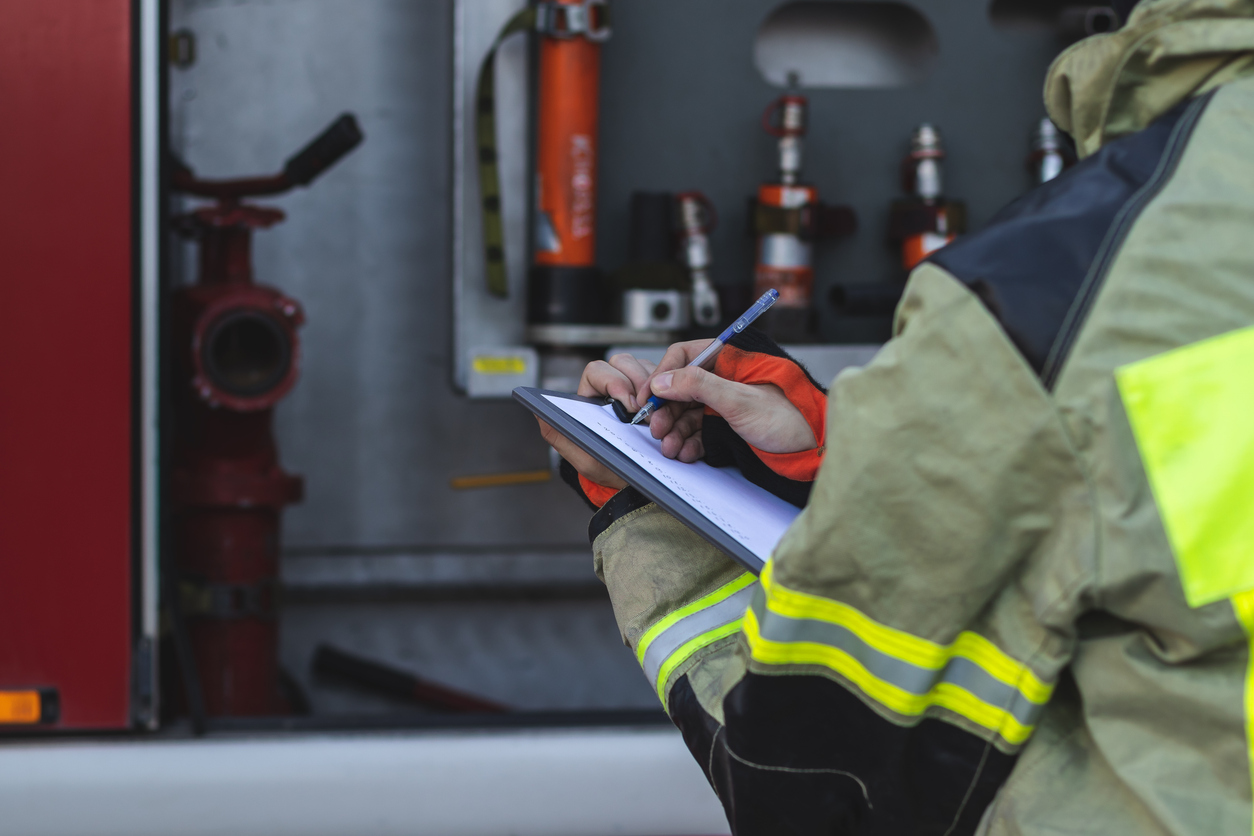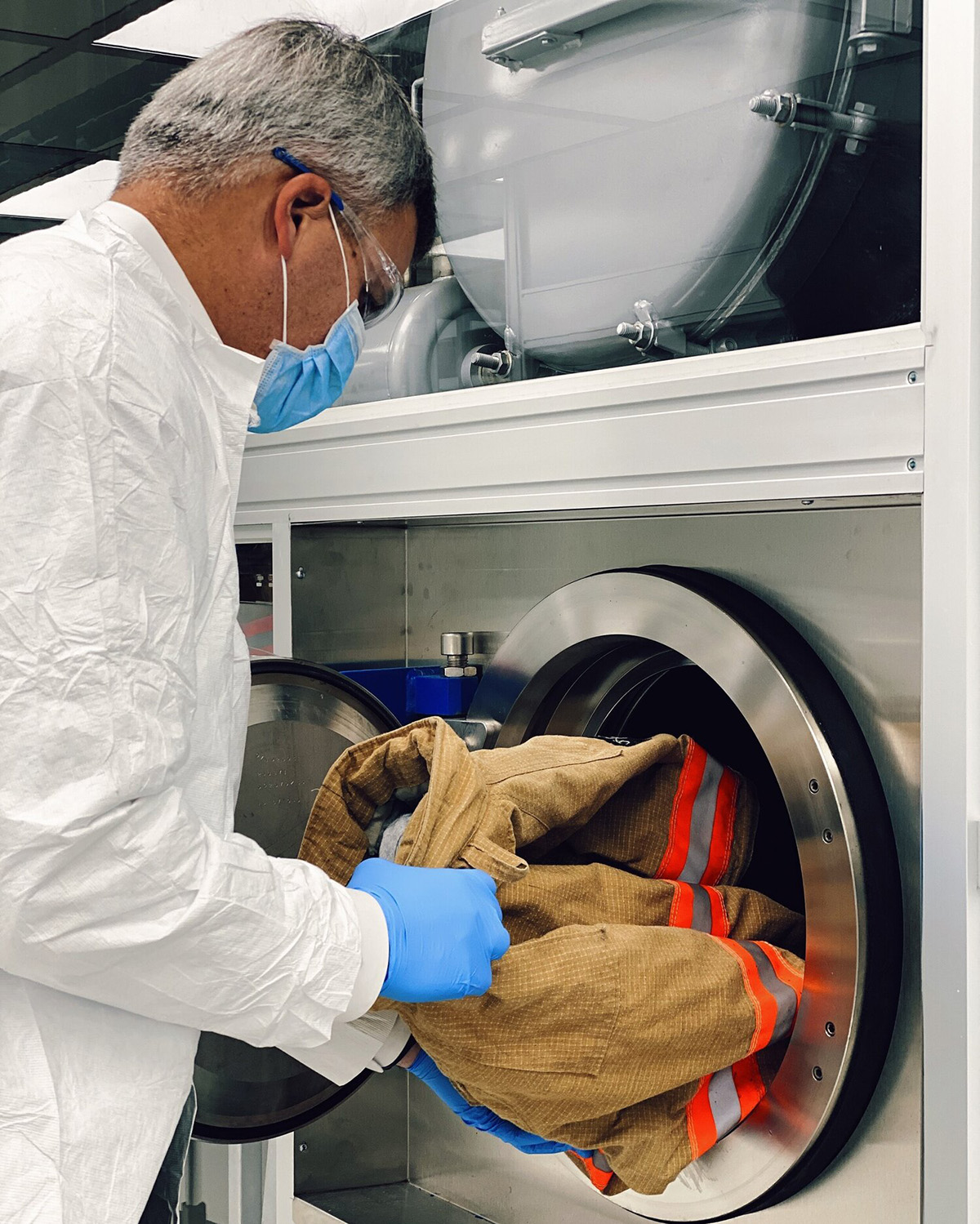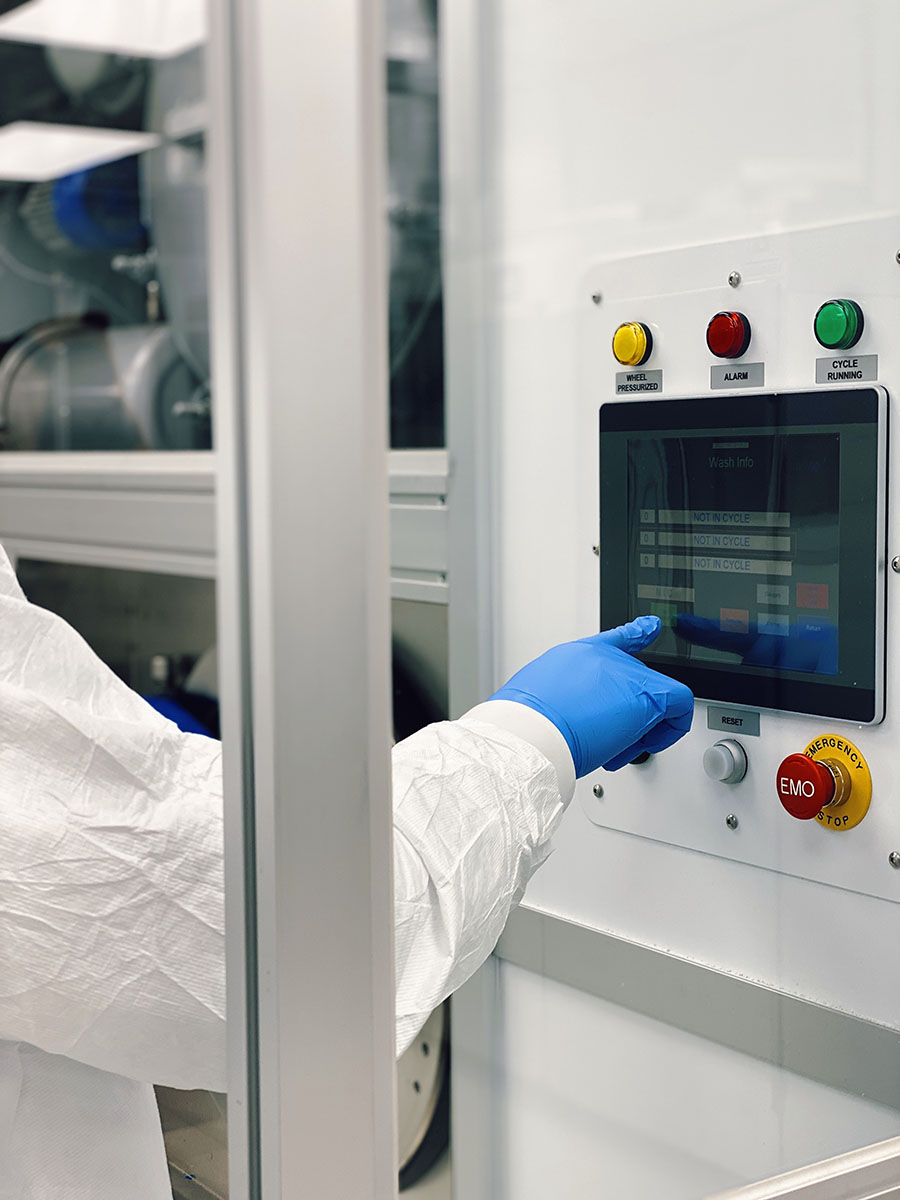By: Mike Duyck, President
As we approach 2025, the fire service is on the brink of a significant evolution in firefighter safety and operational excellence: the anticipated introduction of NFPA 1850, a groundbreaking standard poised to reshape how we approach the care and maintenance of firefighter personal protective equipment (PPE). This new standard consolidates and builds upon its predecessors to address the ever-changing challenges of our profession.
At Emergency Technical Decon, we believe it’s critical to understand the journey that has led to this moment and how we can collectively prepare for the changes ahead.
Why NFPA 1850 Matters
Firefighting has always been dangerous, but advancements in our understanding of occupational hazards have revealed deeper threats—namely, long-term exposure to carcinogens and the cumulative impact of poorly maintained gear. Standards like NFPA 1851 (for structural firefighting PPE) and NFPA 1852 (for self-contained breathing apparatus) have been instrumental in promoting safety.
However, as technology improves and risks become clearer, a fragmented approach to PPE care no longer suffices. NFPA 1850 unifies these standards into a comprehensive framework. This not only simplifies compliance but also strengthens guidance for decontamination, cleaning, inspection, and retirement of PPE across multiple firefighting disciplines.
The Road to NFPA 1850
The development of NFPA 1850 has been years in the making, driven by a growing body of research and collaboration between fire service professionals, health experts, and manufacturers. Key milestones include:
- Increasing Awareness of Firefighter Cancer Risks
Over the past decade, firefighter cancer awareness campaigns have gained momentum. Studies revealed that residual contamination in gear significantly increases exposure to carcinogens, underscoring the need for consistent, thorough cleaning practices.
- Advancements in Cleaning and Decontamination
Innovations in on-scene gross decon and advanced cleaning methods have highlighted the gap between recommended practices and existing standards. NFPA 1850 aims to integrate these innovations into baseline requirements, ensuring they’re universally adopted.
- Focus on Usability and Compliance
A common challenge with earlier standards was inconsistency in compliance due to complexity or lack of resources. NFPA 1850 streamlines the requirements, making it easier for departments of all sizes to implement best practices without compromising on safety.
What to Expect in NFPA 1850
While the full text of NFPA 1850 is still in development, key expected provisions include:
- Standardized Inspection Protocols: Clearer guidelines for when and how PPE inspections should occur.
- Enhanced Cleaning Requirements: Mandating the use of verified decontamination processes that eliminate carcinogenic particulates.
- PPE Longevity and Retirement Policies: More precise criteria for determining when gear is no longer safe to use.
- Training Requirements: Ensuring personnel are equipped to follow the new standard effectively.
Preparing for the Change
At Emergency Technical Decon, we are committed to helping departments adapt to these changes. Here’s how we can support you:
- Education and Training
We’re developing workshops and resources to help fire departments understand the requirements of NFPA 1850 and implement compliant procedures.
- Innovative Solutions
Our advanced decontamination systems and cleaning agents are designed with NFPA’s evolving standards in mind. We’re ready to meet—and exceed—what NFPA 1850 will demand.
- Partnership and Advocacy
We continue to advocate for funding and policies that enable fire departments to invest in safer practices.
Supporting Firefighter Health and Safety with Emergency Technical Decon
At Emergency Technical Decon (ETD), our mission is to ensure that every firefighter receives full protection from their PPE throughout its lifespan. We achieve this through:
- Enhanced Liquid CO2+ Cleaning Technology: Our state-of-the-art cleaning process penetrates beyond the surface of waterproof gear, effectively removing carcinogens and other contaminants that traditional methods may leave behind. This not only ensures a deeper cleanliness but also significantly extends the life of the equipment.
- Comprehensive Gear Repair Services: Our skilled technicians meticulously inspect and repair PPE, addressing issues such as punctures, abrasions, and hardware damage. This attention to detail ensures that gear remains in optimal condition, providing maximum protection and potentially saving departments millions of dollars in replacement costs.
- Eco-Friendly Practices: We prioritize environmental responsibility by utilizing less water and energy in our cleaning processes. Our liquid CO2 is recycled for later use, and all contaminants are disposed of safely, aligning with our commitment to sustainability.
- Flexible Service Options: Understanding the diverse needs of fire departments, we offer our Liquid CO2+ Cleaning System for rental, lease, or purchase. This flexibility allows departments to integrate cutting-edge decontamination technology into their operations seamlessly.
By aligning our services with the highest standards, including the forthcoming NFPA 1850, ETD is dedicated to advancing firefighter health and safety. We are here to support your department in navigating these changes and ensuring that your team is equipped with the safest, most reliable gear available.
Looking Ahead
The introduction of NFPA 1850 represents progress. It’s a collective step toward a safer future for every firefighter. At Emergency Technical Decon, we see this as an opportunity to advance the mission that has always driven us: protecting those who protect us.
As we prepare for 2025, I invite you to join us in embracing this change. Together, we can set a new standard for safety in the fire service.



